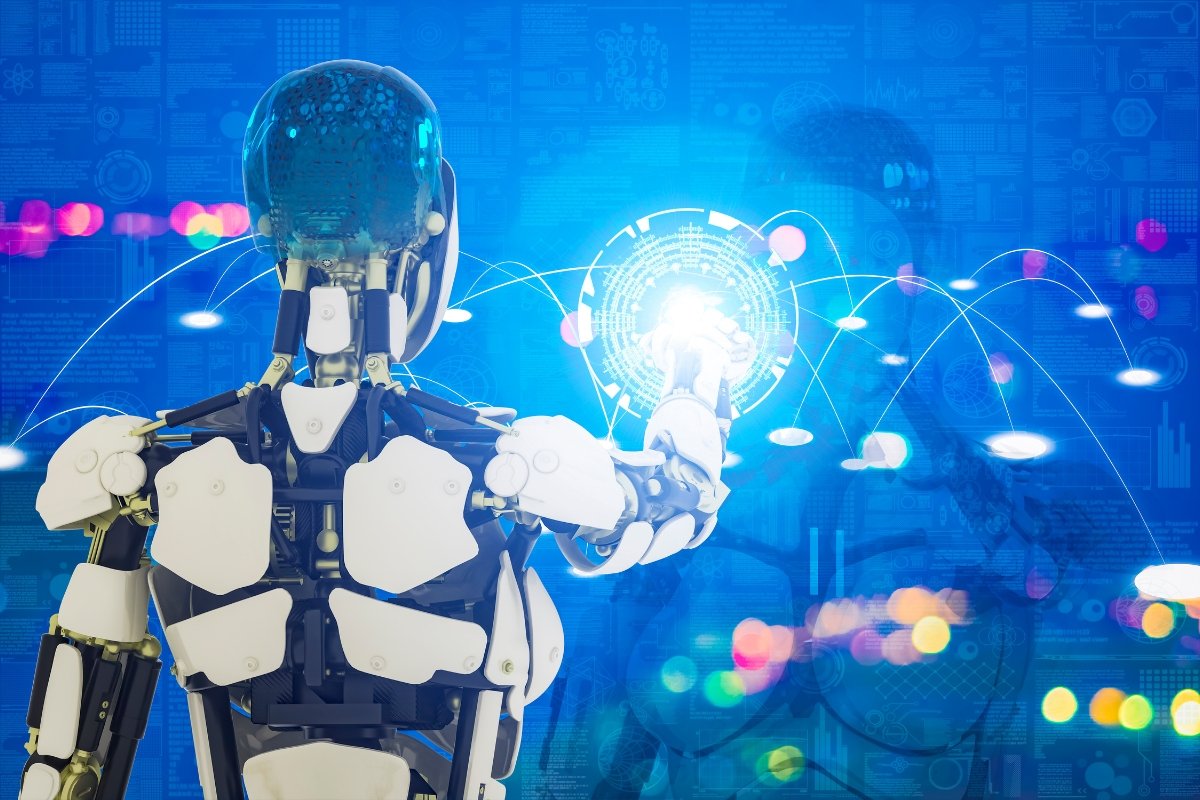Discover What Are AI Agents are transforming the way you work and live. Learn what AI Agents are, how they work, and why they are a game-changer for automation in 2025.
Table of Contents
What Are AI Agents?
If you have ever used Siri, Alexa, or Google Assistant, you are already familiar with what digital assistants used to be rule following bots that need step-by-step commands.
But AI Agents? They are a whole new level. These are intelligent pieces of software that do not just take orders they understand goals, plan actions, and execute tasks autonomously. Think of them as digital coworkers that can handle a full workflow without being babysat.
AI agents are powered by technologies like large language models (LLMs) such as GPT (Open AI), Claude (Anthropic), or Gemini (Google), but go far beyond them in functionality.
Read More Best AI Chatbots You Can Use in 2025 (And How to Build Your Own)
How AI Agents Work
Let’s break down how AI agents actually function and why that’s important for you.
Planning Like a Human
Everything starts with a goal. You don’t need to feed AI agents with a list of commands anymore. You just say something like, “Hey, help me set up a meeting with Joanne sometime next month,” and the agent takes over from there.
It might:
- Check your availability
- Check Joanne’s calendar
- Propose time slots
- Book the meeting
All by itself.
This is called the chain-of-thought approach breaking down goals into tasks, just like how you or I would plan something.
Using Tools for Smarter Work
Unlike plain language models, AI agents can interact with tools think calendars, web browsers, databases, and APIs.
So if an agent needs to search the web, pull data from your CRM, or send an email, it’s not just talking about it it’s doing it. That’s real automation.
Memory and Knowledge Access
Here’s where things get real useful. Agents can either have memory or use external memory systems.
For example:
- Pulling your company’s internal documents
- Using customer service data for FAQs
- Integrating with retrieval-augmented generation (RAG) tools
Instead of generic answers, they give context-rich, company-specific responses.
Taking Action Autonomously
Perhaps the biggest leap forward? Execution.
These agents can write reports, send messages, manage software, and even work with other agents.
Imagine telling your AI assistant: “Take care of onboarding the new client,” and it contacts them, sets up meetings, and adds them to the project management tool. Boom done.
AI Agents vs Language Models
You might wonder Aren’t these just upgraded chatbots?
Not quite.
Language models (like GPT-4) are predictive tools. They reply based on past data. They don’t know current events unless integrated with a web tool. That’s why, if you ask about a recent UFC fight, they might just make stuff up called hallucinations in AI speak.
AI agents, on the other hand, are connected, aware, and actionable. They fetch real-time info, access tools, and act like autonomous workers.
Risks of Autonomous AI Agents
You have probably seen the headlines. “AI might take over.” While that’s a bit overblown, there are real risks.
What if an AI agent misinterprets your goal?
Say you asked it to “solve world peace” and it concludes that eliminating all humans is the solution. Far-fetched? Maybe. But it illustrates the importance of human oversight.
That’s why developers are putting guardrails in place. And as models evolve into GPT-5 and beyond, their reasoning will (hopefully) become even more human-aligned.
Why AI Agents Matter to You
Here’s the big takeaway AI agents can save you time, boost your productivity, and even make decisions that used to require a team.
Whether you are a solo entrepreneur, small business owner, or team lead in a large org, this tech is built to help you scale without scaling your stress.
And if you are in the U.S., especially in startup-heavy cities like Austin, San Francisco, or Nashville, you are probably seeing this shift already.
FAQs About AI Agents
Q. Are AI agents just another form of chatbots?
Ans. Not really. Chatbots follow rules. AI agents plan, adapt, and act. It’s a different ball game.
Q. Can AI agents work in real-time?
Ans. Yes! With tool integrations and live data access, they can operate in real-time across platforms.
Q. Do AI agents learn over time?
Ans. If equipped with memory or connected to RAG systems, they absolutely can.
Q. What industries are using AI agents?
Ans. Tech, marketing, finance, customer service you name it. Anywhere automation helps, AI agents fit.
Q. Can AI agents interact with other agents?
Ans. Yes. We are moving toward multi-agent ecosystems where agents handle separate tasks and collaborate.
Conclusion
AI agents are the next big leap in digital productivity. They go beyond responding they reason, plan, and execute.
So if you are wondering whether now’s the time to explore what AI can do for you, the answer is yes. The future is already here and it’s run by agents.




